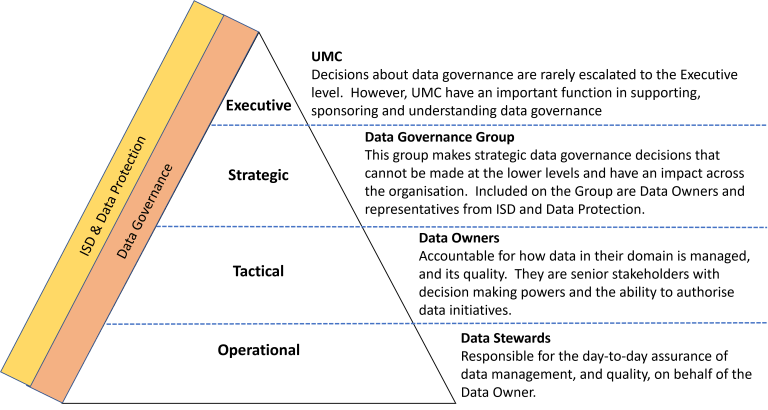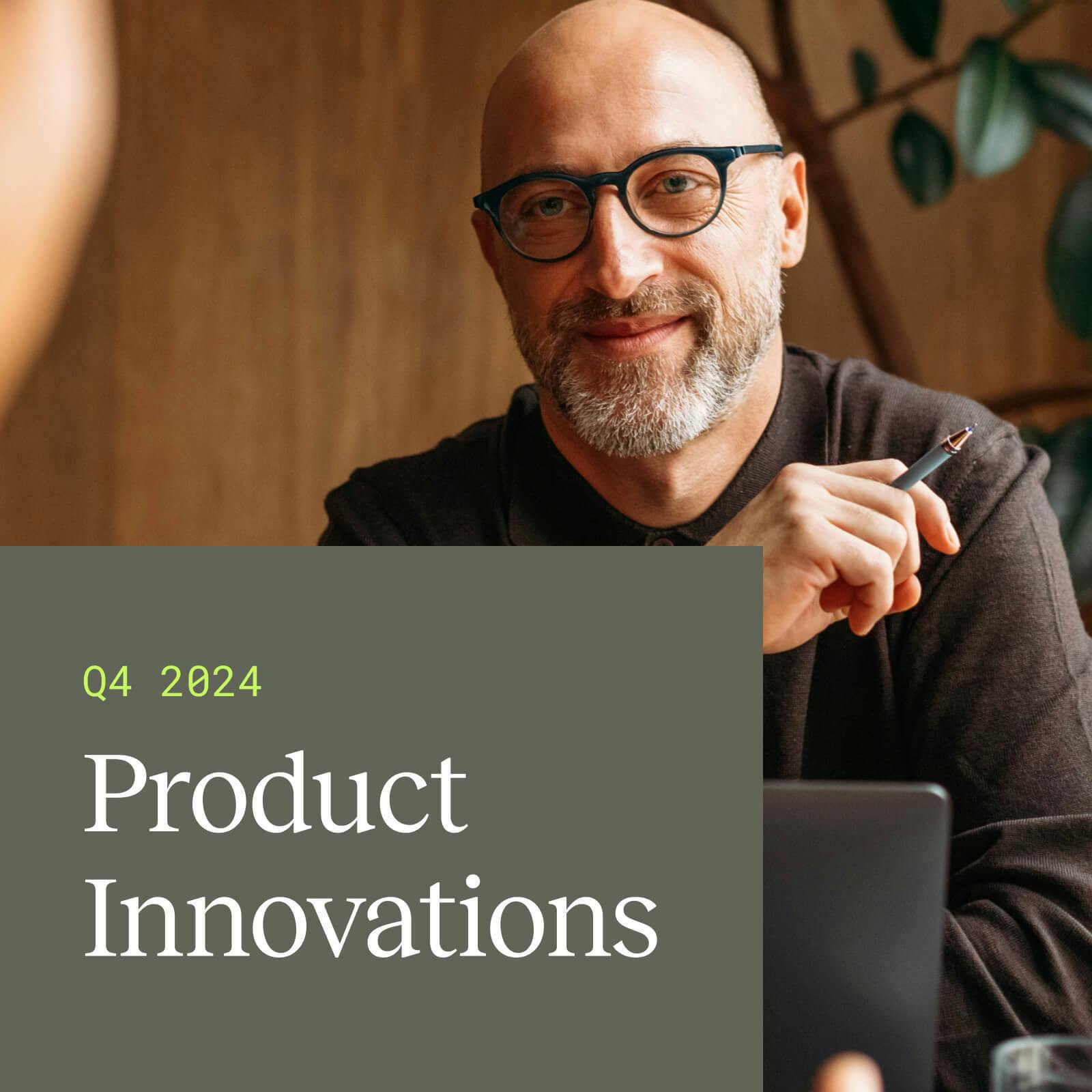AI and Data Privacy: How to ensure your AI programs are safe, responsible, and effective
AI has the potential to transform marketers' business impact. But if you don't have a compliant data foundation, leveraging ML predictions for personalization can lead to breaches of customer trust. This blog post provides guidance on how you can use data and AI to strengthen customer relationships, and not disrupt them.

Interest in AI’s applications in marketing has increased dramatically in recent years. But with limited access to data science resources and lack of clarity on practical use cases, many marketing practitioners are still trying to demystify AI’s role in their strategy and understand how they can realistically get started.
When you look beyond the hype, it’s clear that AI has the potential to transform marketers’ impact on the business, driving as much as a 20% decrease in costs and a 10% increase in revenue (McKinsey, 2022), while also eliminating the need for third-party data enrichment.
In the race to leverage AI, however, it’s important to remember that we’re also navigating a rapidly-evolving data privacy landscape, and that AI-related data usage is not exempt from privacy legislation. To ensure your AI programs are safe, responsible, and effective, it’s important to ensure you have the right guardrails in place.
In this post, we’ll share guidance on how brands can wield AI responsibly by developing a high-quality data foundation, exploring the importance of data accuracy, the benefits of a privacy-first approach, and the need to ensure ongoing performance.
How to develop a high-quality data foundation that supports compliance with data privacy regulations
It’s easy to get excited about AI and jump straight into practical use cases, such as generating predictive insights.
But taking the time to create a dependable, privacy-compliant data foundation is the key to harnessing AI at scale. That’s because machine learning models need high-quality data input to deliver high-quality predictions.
In an era where safeguarding data privacy is as precious as data itself, how can businesses establish this foundation while navigating the increasing complexities of data privacy regulations?
Prioritize data accuracy and consistency
Errors and inconsistencies can hinder your ability to glean insights and make informed decisions.
Every data journey should begin with a commitment to data accuracy and consistency. Using a data collection method that prioritizes data cleansing, validation, and standardization must become a priority.
Learn more: 3 steps you can take to improve customer data quality
Embrace a privacy-first approach
The next cornerstone of your foundation should be a commitment to a privacy-first approach. This means integrating privacy considerations into every data decision you make.
Prioritizing data privacy is fundamental for building customer trust. Around 87% of consumers say they wouldn’t engage with a brand if they had concerns about its privacy practices.
One of the major hurdles enterprise organizations face is the multitude of different privacy regulations being introduced across the world. Brands must remember they need to adhere to the data privacy regulations of the geographical region where their customer resides, which, for enterprise organizations, often means juggling dozens of regulations at once.
Breaching regional data regulations can have costly financial and reputational consequences for organizations. Additionally, per the GDPR, a model trained on data that violates privacy legislation will render the outputs of that model invalid.
The European Union’s General Data Protection Regulation (GDPR) has set the benchmark for privacy regulation across the world. Since its inception in 2018, the EU has cost notable businesses like Amazon millions of euros in fines for breaching its regulations. The UK has its own version of the GDPR regulations, the Data Protection Act.
These policies focus on giving users the right to opt-in to having their data processed.
In North America, the California Consumer Privacy Act (CCPA) gives residents of the state the right to understand how their data is being used, as well as the ability to opt-out from their data being processed. Other states, including Colorado, Philadelphia, and Utah, have followed California’s lead too. Canada has a rigorous set of regulations known as the Personal Information Protection and Electronic Documents Act (PIPEDA) that follows the EU’s laws.
Countries in Africa, Latin America, and the Middle East also have their own specific sets of data privacy regulations. The International Association of Privacy Professionals (IAPP) created this chart to highlight the global differences in data privacy, individual rights, and business obligations.
Before you embark on any AI marketing program, it’s best to implement processes for monitoring the compliance of your customer data set. Using centralized customer data infrastructure tools like mParticle can help you ensure your first-party data set remains compliant with current and future laws.
For example, within mParticle, companies can manage customer consent at scale by tying consent states collected from a Consent Management Platform as well as engagement data from different channels to a single unified user profile.
Plus, your Data Plan lets you define custom attributes for lawful basis in places where you want to keep a record of your basis for collecting and using customer data.
Read more: Turn data privacy into a competitive advantage with mParticle
Implement robust data governance policies
Robust data governance policies serve as the blueprint for how data is managed across your organization, dictating what data is collected, how it's used, and how it's protected.
University College London (UCL) offers a table explaining the four levels of accountability of their Data Operating Model.

The right policy allows organizations to operate at speed and scale without putting data at risk. By implementing processes that control the data set that your machine learning models have access to, as well as which stakeholders have access to your machine learning models, you can ensure the safety and effectiveness of model outputs.
Compliance is not a one-and-done deal. It requires constant attention and an ongoing commitment to maintain data quality and privacy standards. Regular audits, continuous monitoring, and timely updates to data governance policies will help ensure you stay compliant with evolving data privacy regulations.
How The Wall Street Journal utilizes machine learning responsibly (and effectively)
The Wall Street Journal is one example of an organization that’s improving its personalization programs with predictive insights while also supporting global privacy regulations.
Their highly influential readership of political leaders, business executives, and lawmakers can be hard to reach. Being able to engage their audience with personalized campaigns while also maintaining customer trust is critical.
The Wall Street Journal began leveraging mParticle Cortex to generate AI customer predictions based on their first-party data set. Using mParticle Cortex, they could define audiences including not just financial advisors, but also readers that had the same buying habits as financial advisors, ultimately expanding campaign reach.
By collecting our own data, it allows us to work with our legal team and our data governance team to ensure our data hygiene is up to date, that we have a higher level of accuracy, and that we support data compliance.
Product Director at The Wall Street Journal
As a result of the higher accuracy, The Wall Street Journal was able to drive higher conversions, click-through rates (CTR), and campaign engagement.
Watch now: How The Wall Street Journal optimizes campaign targeting with AI
Don’t let bad data derail your AI initiatives
Setting up a high-quality data foundation that respects data privacy regulations is not an end-destination.
Instead, it's a continuous journey that requires the right foundations, vigilance, and desire for improvement. It's about creating a culture where data quality and privacy become core principles that guide your AI programs.
With mParticle, any organization develop a high-quality first-party data set and support regulatory compliance at scale, making it easier to leverage AI safely, responsibly, and effectively.
Ready to learn more about how you can integrate AI into your marketing programs successfully? Check out our new guide, AI Within Reach.


